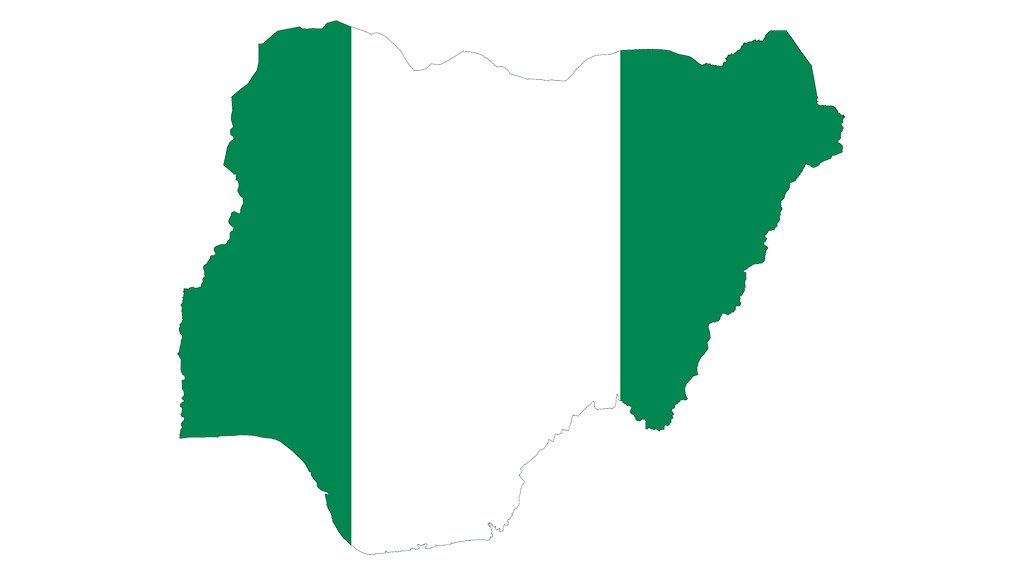Islamist militants have ramped up an insurgency in northeastern Nigeria and attacked dozens of fortified army bases since the start of the year, setting back President Bola Tinubu’s efforts to restore security in Africa’s most-populous nation.
There were 45 verified incidents in May, the most since the same month in 2020, data collated by risk-analysis company Seerist shows. Most were linked to a group known as Islamic State West Africa Province, or Iswap, an Islamic State affiliate that emerged in 2016. The most recent incursion was staged in the northeastern Borno state on May 26.
The group had been trying to expand into central Nigeria, but has now refocused its operations on the northeast, according to Mikolaj Judson, a Lagos-based analyst at consultancy Control Risks.
That’s allowing them to “carry out more coordinated and large-scale attacks,” he said. The latest strikes required high levels of coordination and planning, suggesting they were organised over a long period, he added.
The violence is another political blow for Tinubu, who took office two years ago and identified the containment of Islamist militancy as a top priority. He is also facing a public backlash over a series of economic reforms that were introduced to help steady public finances and have pushed up living costs.
Nigeria’s most infamous militant group is Boko Haram, which tends to focus on civilian targets and made international headlines in 2014 when it kidnapped more than 270 school girls in the northeastern town of Chibok. Its offshoot, Iswap, has mostly attacked military bases and captured equipment that it has then turned on the security forces.
Since 2019, Nigeria’s army established a number of so-called super camps, staffing them with large numbers of well-equipped personnel, a strategy that was aimed at stopping insurgent assaults on its facilities. Iswap appears undeterred, however — analysts assessments and media reports show the group has attacked more than 20 of those bases since the start of the year.
One daring raid took place on May 11 in the town of New Marte, which lies on a key supply route in Borno state and leads to the Sambisa forest — where Boko Haram is still active. Ammunition and at least 45 vehicles were stolen, according to local media reports.
Iswap is using retrofitted commercial drones and night-vision equipment that were likely captured during raids it carried out against Cameroonian and Nigerian military units, said Vincent Foucher, a research fellow at the French National Centre for Scientific Research.
Cameroon’s elite Rapid Intervention Battalion, which has been supplied with night-vision goggles and other equipment by the US, was attacked by Boko Haram and Iswap at least twice last year, with the latter group staging further strikes as recently as March.
Foreign strategists are likely advising Iswap, which has refined its tactics, and it appears to have been sourcing weapons from around the region, said Foucher, who has interviewed many of its former fighters in the past.
The group has also become increasingly active in producing more polished propaganda videos that have ended up on social media, an indication that it is on recruitment drive, according to analysts.
The Nigerian military, stretched thin by operations against bandits, sea pirates, separatists, warring farmers and herders, and protecting oil installations, has largely relied on air support to counter Iswap attacks. In a May 30 posting on social media platform X, the army said it had killed more than 60 militants, including a key commander in Borno state.
Nigeria’s defence headquarters declined to provide further comments on its operations against Iswap.
Babagana Zulum, the Borno state governor, has warned that progress made during years of operations against the insurgents is being reversed, and there is a risk of Iswap becoming as forceful as Boko Haram was when it was at its most powerful and controlled a vast swathe of territory about a decade ago.
The Iswap militants have demonstrated they can refine their “tactics and adjust to a range of external conditions,” said Judson of Control Risks. “Their ability to adapt “was well illustrated in their recent attacks by their use of drones,” he said.
Political developments in the Lake Chad region have undermined the campaign to tackle insecurity. Tinubu condemned a 2023 coup in neighbouring Niger, which soured relations with its military junta and prompted it to withdraw from a regional fighting force in March this year. Chad has threatened to follow suit, and if it does it would disrupt intelligence sharing and joint operations along their porous border.
“Extremist groups are growing more aggressive,” General Michael Langley, who heads the US Africa Command told reporters in Nairobi on May 27. “Recent attacks in Nigeria and across the Sahel are deeply concerning.”
EMAIL THIS ARTICLE SAVE THIS ARTICLE ARTICLE ENQUIRY
To subscribe email subscriptions@creamermedia.co.za or click here
To advertise email advertising@creamermedia.co.za or click here











